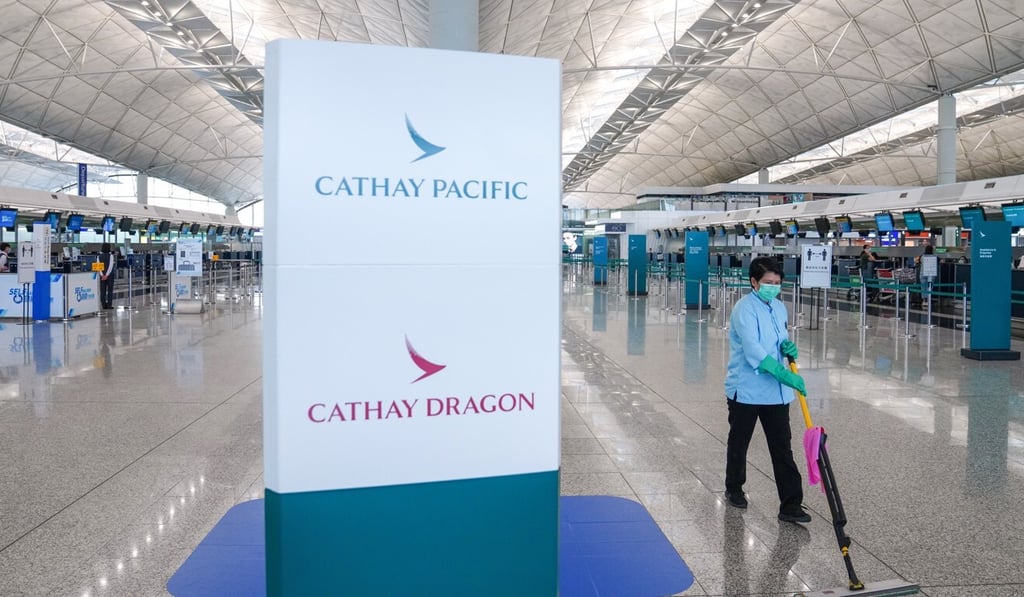Hong Kong government’s white knight rescue of Cathay Pacific seen as win for both sides
- Capital infusion signals strong confidence in city’s status as aviation hub, according to experts
- Package allows airline to tap capital markets for fresh funding going forward without incurring new debt, says analyst

The Hong Kong government’s rescue of Cathay Pacific is a win for both sides, sending a reassuring signal to the markets about the future of the airline and the city’s aviation sector during the Covid-19 pandemic, but the move does raise some uncertainties going forward, experts say.
With the decision, the government joins others around the world that have stepped up with funding for troubled flag carriers, but it marks the first time authorities in the proudly free-market city have directly intervened in the fate of a private company.
“Cathay has received possibly the biggest vote of confidence from the Hong Kong government during the most challenging year in its history,” said Luya You, transport analyst at brokerage Bocom International. “It’s a big signal to the rest of the market that Hong Kong considers Cathay integral to the city’s future growth and economic health.”

The rescue package removed most doubt as to whether Cathay could last out the health crisis, she said.